TEHRAN (Bazaar) – Professor Paul Pillar, who was CIA intelligence analyst for 28 years, says membership in BRICS reduces Iran's isolation, especially as a counterpoint to continued U.S. sanctions.
“Besides being a major oil producer, having Iran as a member helps to give the group a presence in the Middle East that it did not have before, although the same is true of the admission of Saudi Arabia, the UAE, and Egypt,” Pillar told Bazaar News Agency.
Following is the full text of the interview.
Q: Since January 1, 2024, Iran has officially become a permanent member of the BRICS. What is the importance of this membership for the BRICS group?
A: The expansion of BRICS with several new members--not just Iran--increases the geographic breadth of the grouping and better enables it to function as an organizing force for the international system as a whole and not just for a small number of countries. Besides being a major oil producer, having Iran as a member helps to give the group a presence in the Middle East that it did not have before (although the same is true of the admission of Saudi Arabia, the UAE, and Egypt).
Q: What is the importance of this membership for Iran?
A: It reduces Iran's isolation, especially as a counterpoint to continued U.S. sanctions.
Q: BRICS and Shanghai Cooperation Organization (SCO) are among the organizations that some experts believe will manage the ‘Global South’. What is your assessment?
A: Both groupings will play a role, although the expanded BRICS probably will play a somewhat greater role than SCO because of its greater geographic scope. That role may fall short of what could be called management of the Global South and may be more in the nature of coordination and communication.
Q: Considering agendas such as de-dollarization in BRICS and SCO, do you think these organizations will be able to challenge the western order in the international system?
A: They already present a challenge, and can be expected to make some more progress on issues such as reserve currencies. The dollar will be difficult to dislodge as the principal international currency, however, because of how deeply established its use is in the international economy.
Q: India plays a balanced policy against the East and the West, and its membership in BRICS and Shanghai shows that Delhi does not pursue all its interests in the West. In your opinion, this issue will not be a challenge for such countries in the future, and it will be possible for them to follow a ‘hedging strategy’?
A: India has long been a leading hedger, going back through most of the Cold War. It is big enough to be able to do that; no other power can simply write India off as a lost cause. Many smaller countries will try to hedge in the same way (as many Asian countries try to do now regarding their relations with the U.S. and China). But some of them will have a harder time doing that than India does, because they lack India's size and clout.

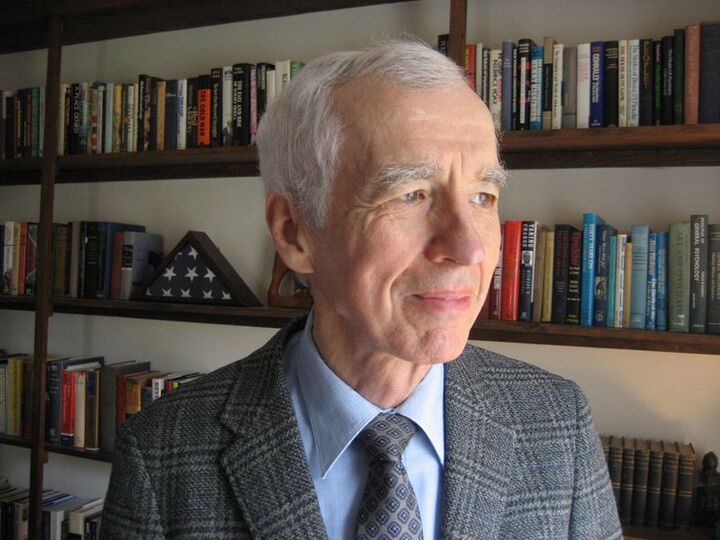




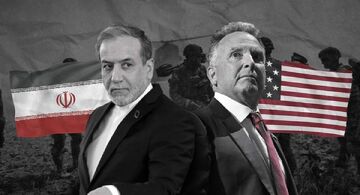

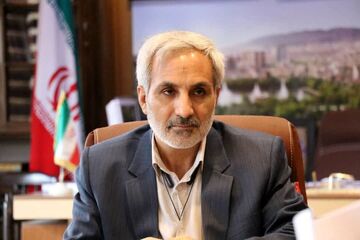



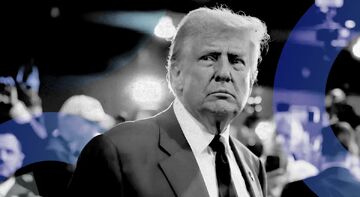
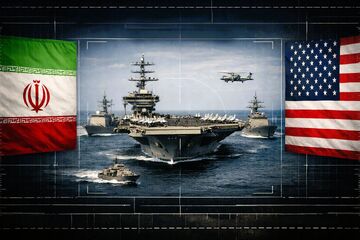


نظر شما